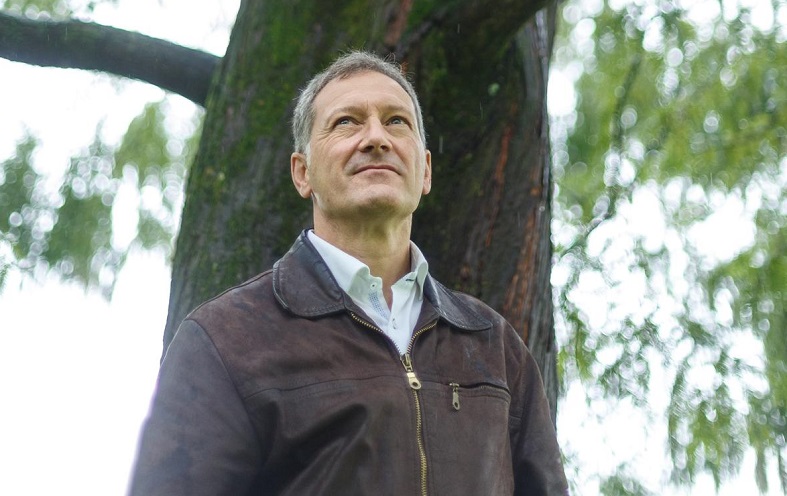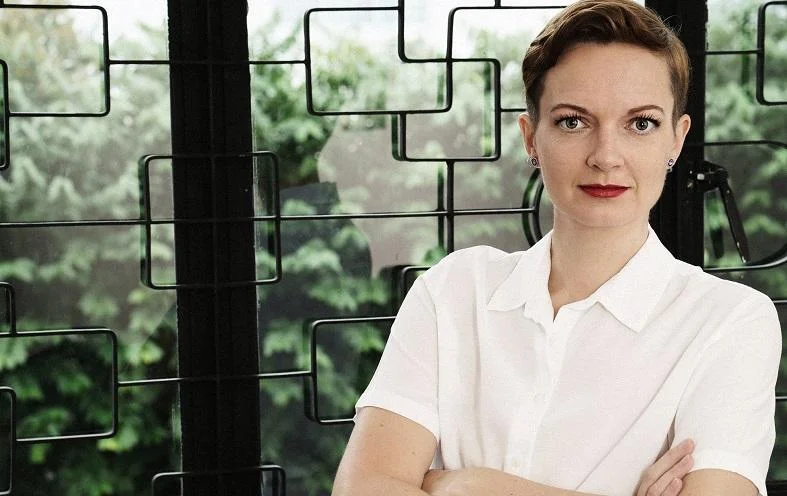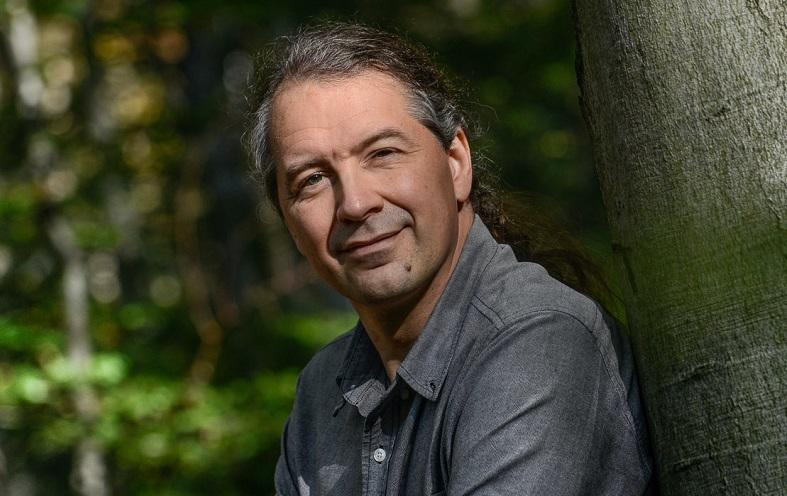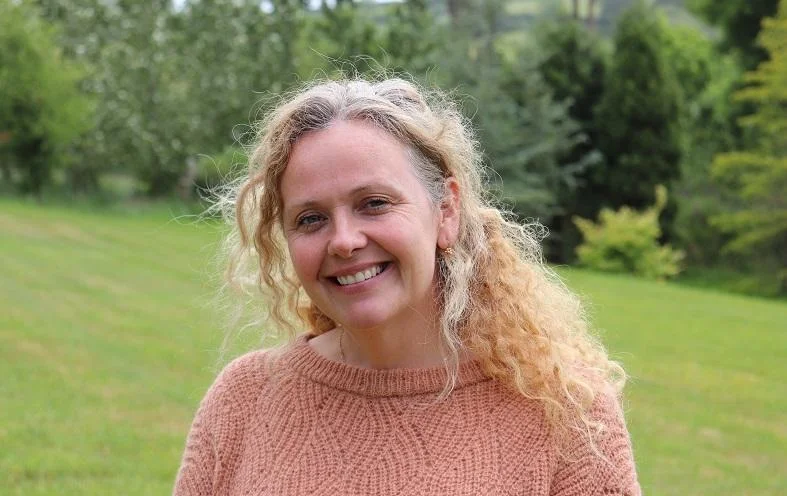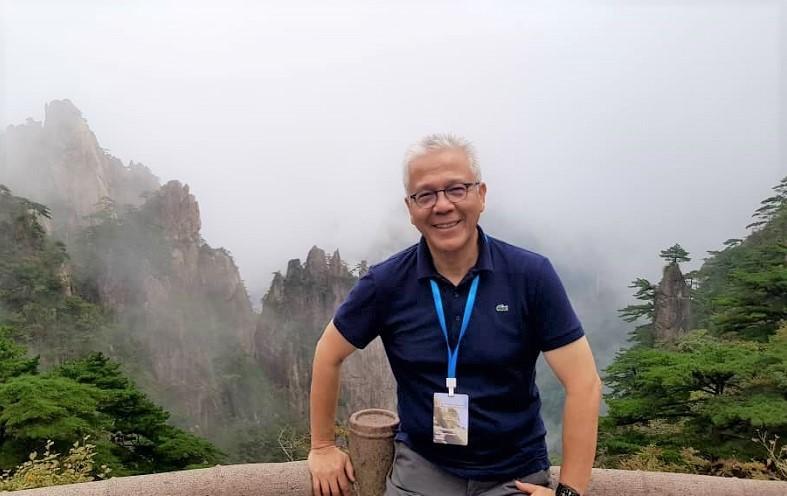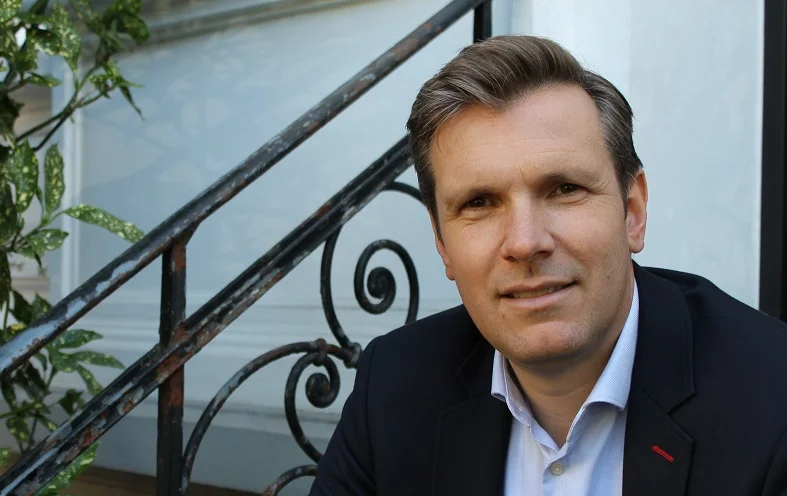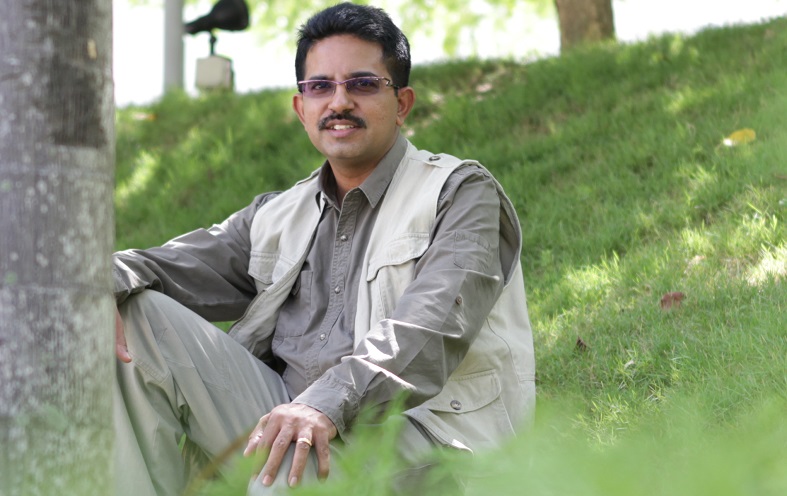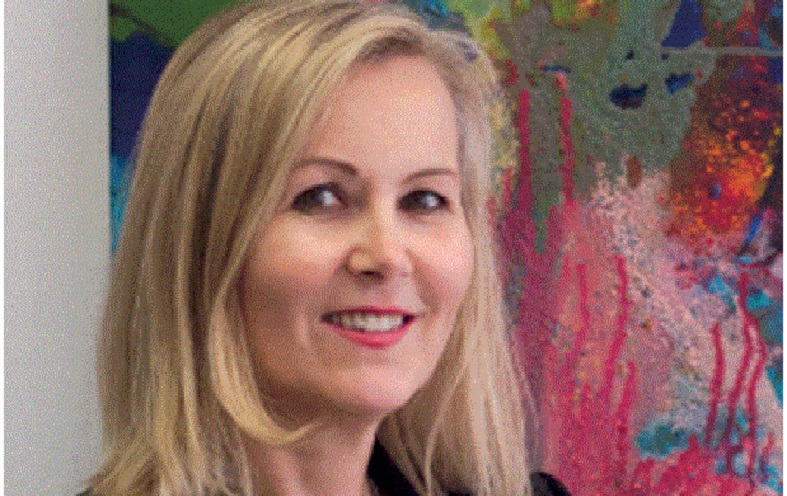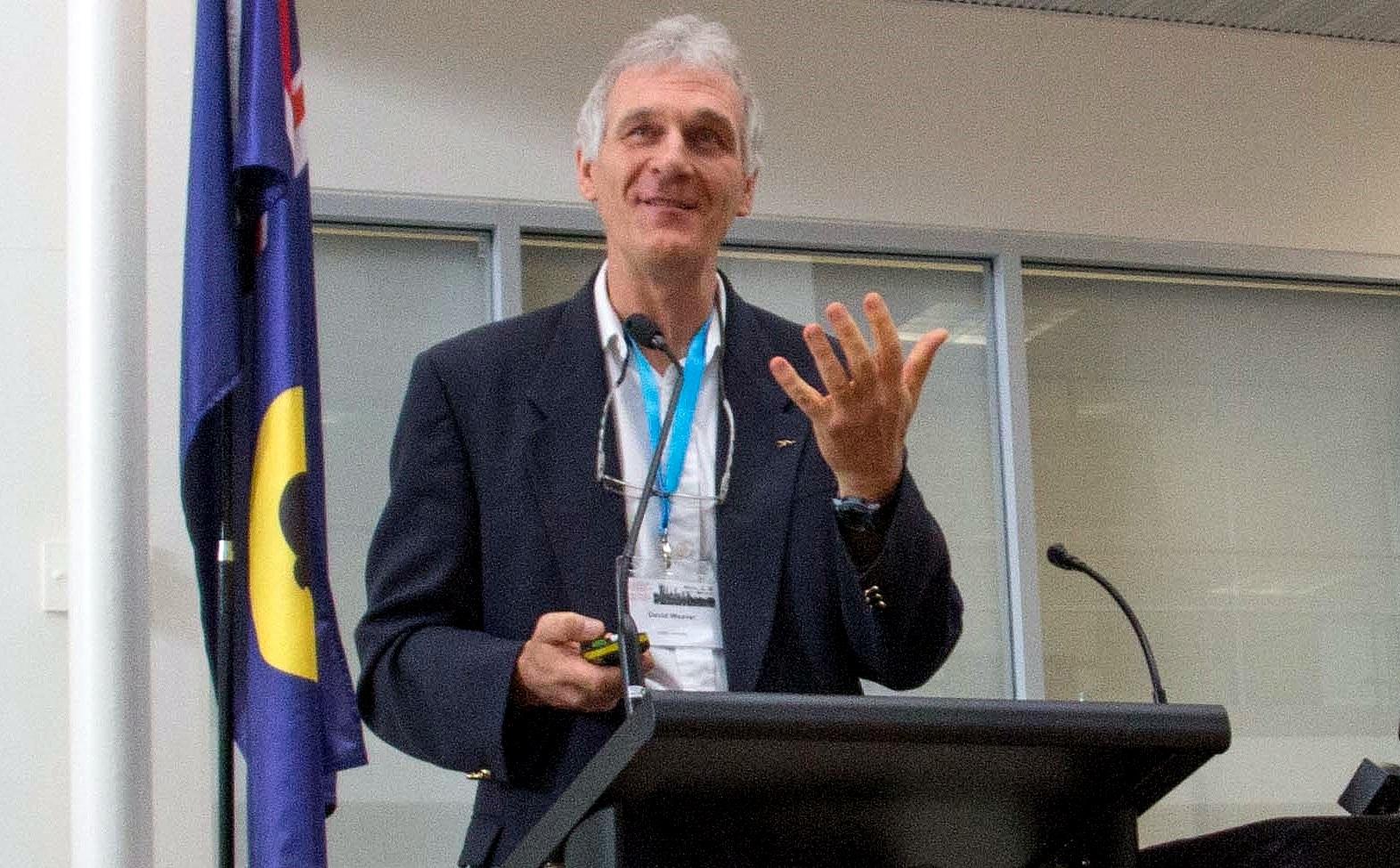
This interview with Professor David Weaver takes us to Australia’s East Coast, Griffith University. Learn why, instead of ‘fighting’ mass tourism, we’d be better off accepting it as a given and to focus our attention on how we can use economies of scale in tourism to solve our most urgent problems and to empower visitors to contribute to conservation – enlightened mass tourism, as Dr Weaver calls it.
He also gives us a heads-up on the current state of sustainable tourism research around the world, the unfortunate gap between academia and practitioners, and where he sees the research priorities for the years ahead.
Learn about:
- The first time David heard about sustainability linked to tourism, and how his view has changed over the years;
- The main challenges in sustainable tourism research – and practice – in Australia;
- Which should be the priorities for the next ten years of sustainable tourism research;
- Which persons and organizations have served David as inspiration;
- Why it can be difficult to demonstrate the relevance and ROI – societal impact – of academic research.
David, do you remember the first time you thought about sustainability in connection with tourism?
I honestly cannot recall my first awareness of this in terms of the actual semantics of ‘sustainable tourism’. However, from the late 1970s, I can recall a consistent narrative whereby conventional mass tourism was framed as destructive, inappropriate, etc. In the early 1980s, alternative tourism was then touted as a better way to go, so that I guess was a surrogate for sustainable tourism.
This all seemed very heady at the time, and few of us conceived that mass tourism could be appropriate as well, influenced as we were by Dependency Theory and the like. I was in a Social Sciences faculty, but perhaps I would have had a different perspective if I had been in a Business faculty.
Now in 2016, what has changed?
Mainly what has changed is this realization that mass tourism is here to stay, and that our focus must be on attaining sustainable mass tourism, or what I now call ‘enlightened mass tourism’.
The old thinking about alternative tourism, in retrospect, was naïve and based on incorrect assumptions about the benefits of community-based small-scale tourism. I now see all forms of tourism as a part of a global mass tourism system, so that the latter is an appendage rather than an alternative.
Based on your research and experience, where do you see the main challenges for sustainable tourism research – and practice! – in Australia?
We still have the perennial problem of disconnect between practitioners and academics. The debates we have within our universities are almost completely unknown and ineffectual within the industry.
At first I thought that there would be mutual benefit from sharing our ideas and knowledge, but now I am more and more thinking that industry will progress just fine without any input at all from academic research.
I say this because businesses that survive have to be resilient, and ‘organic’ solutions to sustainability-related problems are emerging all the time, based on responsiveness to market and other circumstances. The same applies to communities.
Thus, when a destination or product is in a crisis state, an ‘arena of opportunity’ emerges because of the need to respond to that crisis. Unsustainability is ultimately unsustainable because it cannot persist!
Which should be the priorities in sustainable tourism research for the next ten years?
The focus should be on identifying and changing the behavior of consumers, beyond the hard core that are already basing their tourism purchases on environmental and social performance.
Most of us are ‘superficial environmentalists’, concerned about issues like climate change but unwilling to make real changes in our behaviour to address those issues. Hence, initiatives such as linen reuse programs are popular with hotels because they make us feel like we are doing something positive without inconveniencing us.
Why should the industry be fingered as the villain here when they are simply responding to the superficial environmentalism of most people? If consumers started to demand real environmental and social reform, then the hotels would change more quickly as a response to changing market conditions.
So how can we get consumers to feel this way? Some work has been done in the area of transformative interpretation, and there is promising research into the relationship between peak experiences and emotions on one hand, and behavioural change on the other.
Throughout your distinguished career, have there been any specific organizations or persons that have served you as role models or source of inspiration?
I always admired the work of Richard Butler, whose tourism area life cycle model (TALC) created a framework for engaging with issues such as sustainable tourism. In Australia, I have liked the practical work of Ecotourism Australia, which has developed the most credible ecotourism certification program in the world and continues to refine this program as warranted by the experiences of its practitioners.
The early work of Green Globe was also influential in getting the industry to think about sustainability and in inspiring academics, although it never really gained much actual traction at the time.
Among your research interests are protected areas and national parks in Australia, for which you received the prestigious Australian Research Council (ARC) Discovery Grant – what is this research about?
This relates to the idea of enlightened mass tourism which I cited earlier; in fact, this project inspired me to coin and articulate the term. The idea was to explore the willingness of protected area visitors – from hardcore eco-tourists to casual visitors – to engage in activities that will enhance the park’s biodiversity and ecological integrity.
The survey indicated at least two major findings; first, the potential hardcore of volunteers, currently less than one per cent of visitors, could be as much as 10%. So here the strategy is to educate these visitors as to how they can become involved.
Second, as many as 75% of visitors don’t want to do the hardcore activities but would be willing to engage in ‘opportunistic’ activities such as picking up litter or reporting unusual activity during their normal bush walks. I see this as a pathway for the ‘masses’ to get involved with the park, and one that could eventually lead to higher levels of activism.
It’s really about changing the perception of mass tourism as an environmental threat to an environmental opportunity.
Your thoughts on the current state of sustainable tourism research around the world?
There are pockets of excellence throughout the world, but these efforts, in general, are diffuse so that there is no evidence of any integrated or concerted movement forward; nor, as mentioned before, is there any real evidence of synergy between industry and academia.
It would be logical for university-clusters of excellence to work together internally, and then with other clusters to further the sustainable tourism agenda. Examples include southeast Queensland (Griffith University, University of Queensland, Southern Cross University), southern England (Universities of Surrey, Bournemouth, Portsmouth), Beijing and Shanghai.
The problem with working with individual universities is that tourism is often given low priority, and status as a sustainability leader may be dependent on one or two individuals who could leave or retire. A cluster entity, however, is more likely to be resilient and durable (sustainable!).
Academics in countries such as the UK witness growing pressure to demonstrate the relevance and ROI – societal impact – of academic research. In your view, which is the best way to do this?
We’re just starting to engage with this imperative here in Australia. The problem is that we have been trained to acquire knowledge and publish this in peer-reviewed journals; positive social impacts were an unanticipated and serendipitous outcome of such labour. But it’s a reality we have to respond to by integrating social impact into our research deliberations from the very beginning, instead of theoretical contributions to knowledge.
So maybe the very first question we ask when composing grant applications is “What can I do in tourism research that will have the maximum benefit for the greatest number of people?” Even if our findings are measurable and tangible and demonstrably beneficial, we will have to work closely with relevant NGOs, community groups and government agencies to ensure that such a non-academic “champion” works with us on the implementation phase.
Universities will have to ease the pressure on us to produce high-tier academic outputs so that we can put more of our energy into communicating with stakeholders in layman terms and helping with implementation and monitoring.
Thank you, David.
Connect with Professor David Weaver on LinkedIn.
Enjoyed our interview with David Weaver, Professor of Tourism at Griffith University in Queensland, Australia? Spread the word!


